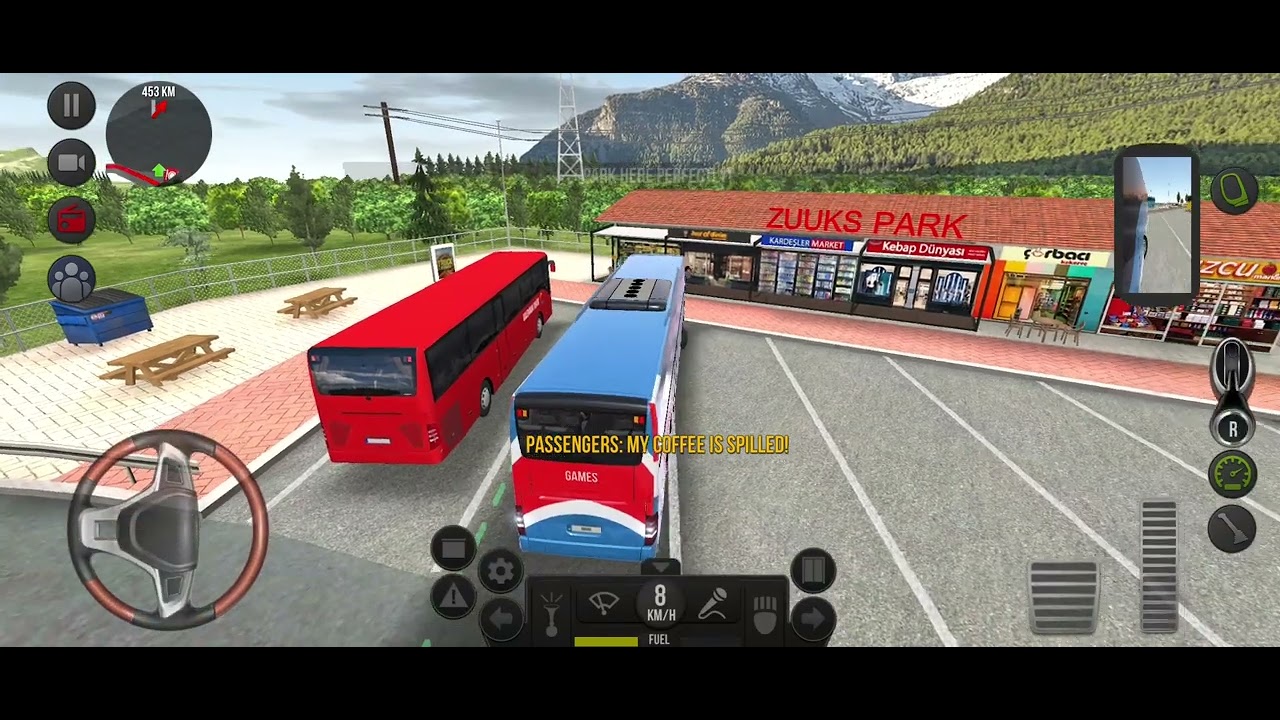How Long Are Mris

The length of an MRI (Magnetic Resonance Imaging) procedure can vary significantly depending on the type of exam, the body part being imaged, and the specific requirements of the diagnostic process. Generally, an MRI scan can last anywhere from 15 to 90 minutes, with some scans taking even longer.
Here’s a breakdown of what you might expect for different types of MRI scans:
Brain MRI: Typically lasts between 30 to 60 minutes. This time can vary depending on whether contrast (a special dye) is used and the number of sequences (types of images) the radiologist needs to take.
Spine MRI: The duration can vary depending on which part of the spine is being scanned. A cervical (neck) spine MRI might take around 30 minutes, while a lumbar (lower back) spine MRI could take 45 minutes to an hour. If the entire spine is being scanned, the procedure could last up to 90 minutes.
Knee or Joint MRI: These scans are usually shorter, lasting about 30 to 45 minutes. They can provide detailed images of joints and are commonly used to diagnose issues like torn ligaments or cartilage problems.
Abdomen or Pelvis MRI: Scans of the abdomen or pelvis can take anywhere from 30 to 60 minutes. The exact duration depends on the specific area being imaged and whether contrast is used.
Full Body MRI: This type of scan, which images the entire body, can be quite lengthy, often taking 60 to 90 minutes or more. Full body MRI scans are less common and are usually done for specific diagnostic reasons, such as looking for cancer metastases.
Functional MRI (fMRI): This advanced type of MRI measures brain activity by detecting changes associated with blood flow. An fMRI scan can last anywhere from 30 minutes to several hours, depending on the complexity of the study and the tasks the patient is asked to perform during the scan.
Factors Influencing Scan Duration
- Use of Contrast: If a contrast agent is used, this can add time to the procedure for preparation and administration.
- Claustrophobia or Anxiety: Patients who experience claustrophobia or significant anxiety may need more time to complete the scan, as they may need to be sedated or as the technician works to make them more comfortable.
- Patient Movement: If a patient moves during the scan, it may be necessary to repeat sequences, adding to the overall time.
- Technical Issues: Occasionally, technical problems with the MRI machine can cause delays.
Preparation and What to Expect
Before the scan, patients typically undergo preparation, which may include removing metal objects, changing into a hospital gown, and, in some cases, receiving an injection of contrast material. After the scan, it’s common to wait for a short time while the images are reviewed to ensure that all necessary views were captured.
Overall, while there’s considerable variability, most MRI procedures fall within a 30 to 90-minute window. It’s best to ask your healthcare provider or the MRI facility for a more specific estimate based on your particular scan.



